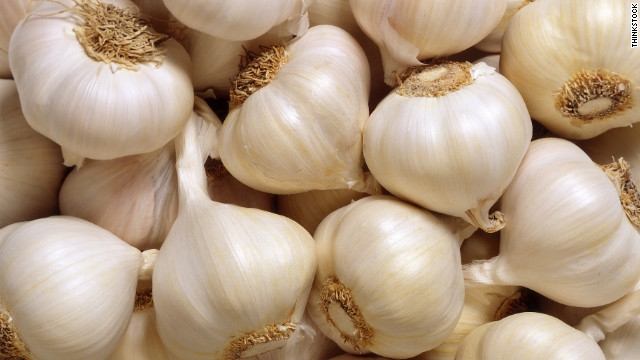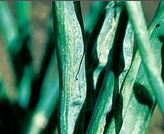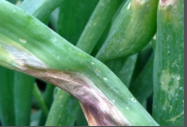General Information
Garlic a popular bulb crop cultivated throughout Asia. It is used as spice in many dishes. Also it possesses excellent medicinal properties. It is a rich source of Vitamin A, C, Protein, Phosphorus, and Potassium etc. It helps in digestion; also it reduces cholesterol in human blood. Major Garlic producing states are Madhya Pradesh, Gujarat, Rajasthan, Orissa, Uttar Pradesh, Maharashtra, Punjab and Haryana.














